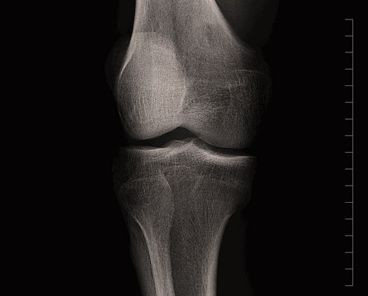Rotten Egg Smell Reduces Joint Swelling To Alleviate Arthritis

Chamomile or lavender oil scents could help with our sleep and stress, but now scientists have taken aromatherapy to a whole new level, and probably not in the direction you hoped.
A new study shows that rotten egg-smelling compounds could effectively reduce joint swelling.
The rotten egg stench is imitated in a hydrogen sulfide-forming drug that has been shown to reduce swelling and inflammation in arthritic joints. Hydrogen sulfide was previously thought to be a harmful — in some forms it can be an explosive substance — but it turns out that there are enzymes in our body that actually create the compound.
"Our research has shown that the key to unlocking the therapeutic qualities of H2S is through slow release, mimicking the body's own production," said Matt Whiteman, lead author and professor at the University of Exeter Medical School.
The findings appear in the Journal of Cellular and Molecular Medicine.
"A patient will usually visit their doctor with a joint already inflamed, swollen and painful. Since the compound worked after arthritis was established, it may be useful in treating arthritis in the future," Whiteman said. "Many compounds can prevent arthritis in the laboratory, but of course nobody knows when they will get arthritis. Having a class of compounds which reduce inflammation and swelling when arthritis is already active is extremely exciting. These molecules may also be useful in other inflammatory conditions, and even in the inflammatory aspects of diabetes and obesity."
In the study, researchers found that hydrogen sulfide molecules were produced and prevented secretion of compounds that promote tissue inflammation in an arthritic model. Previously, they showed that the high levels of hydrogen sulfide correlated with less inflammatory cells in the joints. Although this compound will not prevent arthritis, the investigators believe it could be a valuable treatment option in clinics.
"Our work is a major step in proving that it can be more hero than villain to the human body, providing it is administered in the right way, at the right time," said Mark Wood, co-author and professor at the college of life and environmental sciences of biosciences at Exeter.
"Many patients with arthritis do not respond effectively to current treatments or suffer side-effects from their medication," said Julie Keeble, co-author and professor at King's college London. "We hope that H2S-releasing drugs like the one tested in this study will be effective in treating arthritis without uncomfortable side effects."
According to the Centers for Disease Control and Prevention, about 50 million adults have some form of arthritis, rheumatoid arthritis, gout, lupus or fibromyalgia in the United States. The condition is also represented in one in 250 children in the country.
Published by Medicaldaily.com



























